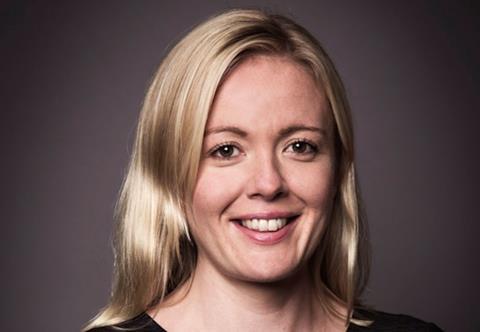
A third (33%) of respondents cite pressure not to take time off from work as the reason for cancelling, missing or postponing an appointment with a GP, according to research by Doctor Care Anywhere and YouGov.
The survey of 1,010 middle managers and employees in private organisations also found that 37% of respondents stay at work when unwell, even if the quality of their work is affected.
The research also found:
- 34% of respondents have made a health problem worse by cancelling, missing or postponing a GP appointment because of work.
- 23% of respondents who say they have an unsupportive employer cancel or miss an appointment with their GP, compared to 11% of respondents who have a very supportive employer.
- 43% of respondents under 35 years old have made a health problem worse by not attending a GP appointment because of work.
- 59% of respondents cite appointment access and times as the biggest barrier to attending an appointment with their GP, 21% of respondents feel not being able to book an appointment easily is the main barrier, and 20% believe having to wait over a week for an available appointment is the biggest barrier to seeing a doctor.
- 50% of respondents would like to make appointments outside of working hours, 49% of respondents want to book appointments 24 hours a day, and 82% would like to see a GP in the early morning, evening or at weekends.
- 87% of respondents believe being able to see a GP on the same day as making an appointment would improve access to primary healthcare, and 31% of respondents believe flexible access to remote appointments over the phone and webcam would make it easier for them to see a GP.
Kate Newhouse (pictured), chief executive officer at Doctor Care Anywhere, said: “This survey reveals that British employees are facing too many barriers to accessing primary healthcare, which is putting their health unnecessarily at risk and contributing to the widespread issue of presenteeism.”
Dr James Kingsland OBE, president of the National Association of Primary Care, added: “Absenteeism and presenteeism are costing British businesses and could be meaningfully reduced with better access to the right healthcare, regardless of setting.
"Rather than expecting patients to go to GP surgeries, which takes time out of the working day, we need to adopt new models of care which channel healthcare to the patient in a flexible and timely way, whether at work or remotely. More flexible provision would be better for the patient, better for businesses and ultimately, better for the taxpayer.”











